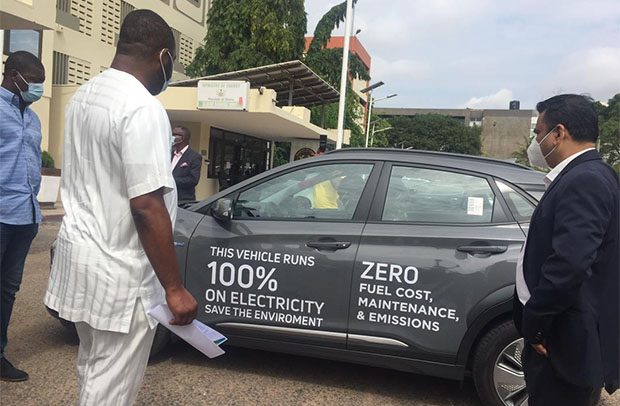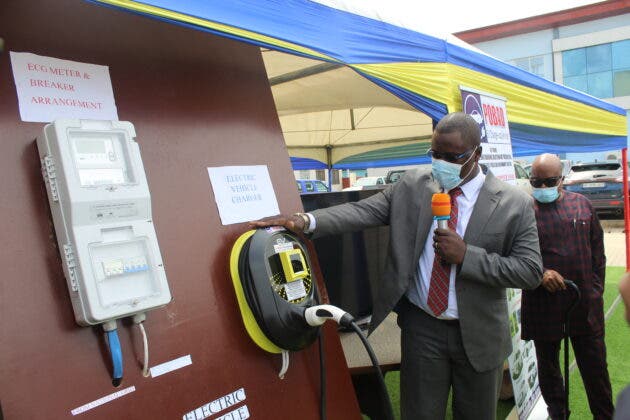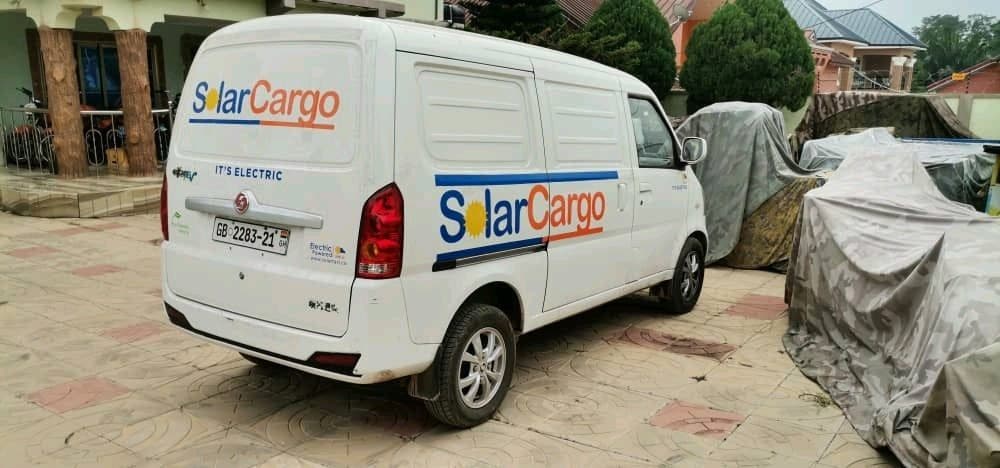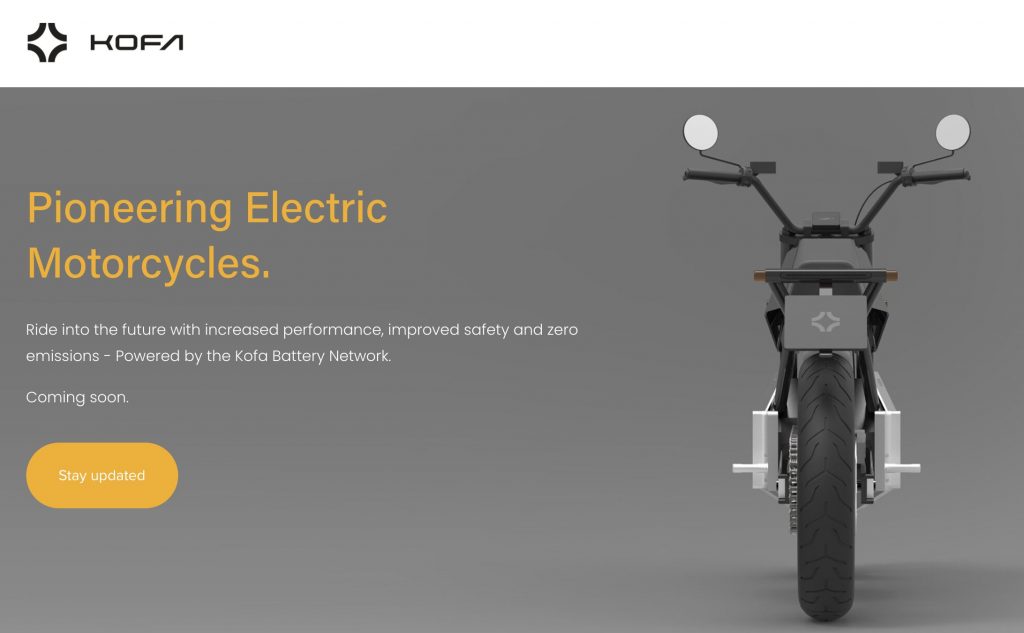With climate change reports appearing to get worse every year, most of the developed world is quickly moving towards the mass adoption of electric vehicles(EVs) to help stem the tide. The private sector and car manufacturers have been seeing increased demand and sales and Governments have also been pushing for policies to incentivize consumers to purchase more EVs and looking at procuring electric buses for public transportation.
Tesla, one of the most well-known EV carmakers in the US, accounted for 79% of new electric vehicles registered in the US. Tesla is now facing more competition from experienced car manufacturers including General Motors and BMW.
Governments are pushing policies and incentivizing citizens to purchase EVs and giving deadlines for the phasing out of petroleum-based vehicles. The UK has already pushed legislation for the banning of petrol and diesel-based cards by 2030.

In Shenzhen, China, the authorities have been looking at more green transportation by having all of its 16,000 passenger buses “electrified”.
In Ghana, the electrification of vehicles is in its infancy but there are things happening behind the scenes which could eventually pave the way for the broad adoption of EVs.
The Government Role
The current Ghana administration is currently looking at ways to adopt EVs in Ghana from a policy perspective. An EV policy is currently being drafted by the Ministry of Energy and will be ready by the end of 2021.
Recently, the Ministry of Energy was presented an electric vehicle by Hyundai Motors and Investment Ghana Limited at the Energy Ministry in June. The vehicle runs on 100% electricity and could help in the draft of the upcoming policy.

The Government hasn’t yet spoken on about the prospects of charging stations for electric vehicles in Ghana. But the private sector appears to be spearheading this effort.
Private Sector Players and Startups
The private sector has already started preparing the groundwork for electric cars. Last year, a private company, PODAB International, started pilot testing charging stations with the Electric Company Of Ghana.

There are currently no new updates on the pilot test but it’s a good signal for the creation of charging stations for EV cars.
Not to be outdone, startups have also started contributing to the adoption of EVs. SolarTaxi appears to be one of the most well-known names in that space.
A startup from Kumasi Hive and Jorge Appiah, SolarTaxi has steadily been pushing the electric vehicle initiative by engineering and building EV cars locally. The company has also veered into the creation and building of Electric Bikes and recently introduced an EV logistics fleet called “Solar Cargo“.
It was announced alongside a partnership with Jumia.

A new startup is also in the mix. Kofa is an up-and-coming startup founded in Accra which is on a mission to revolutionize how people access energy. The company will focus on electric motorcycles with an advanced battery network.

Current Roadblocks
At the moment, there is a question of whether Ghana’s electric grid system can handle electric vehicles. In an interview, Mr Charles Boakye, the Chief Executive Officer of Infrastructure Systems at the Electric Company Of Ghana, said Ghana’s current electricity grid cannot support the use of electric vehicles.
“The issue is not whether we are ready or not. We have to start and work our way towards switching because vehicle manufactures are gradually shifting from internal combustion engine vehicles to electric vehicles. Most plants will be shutting down in the next 10 years.” he said.
Charging stations are still in their infancy and there’s no timeline on how quickly they’ll be built to accommodate EVs.
Another issue is whether the Ghanaian populace is ready to jump into the EV craze. There would need education to the masses about electric cars as well as the “range anxiety” phenomenon.
Until the government comes out with an official policy, it would be guesswork to try to figure out how the adoption of EVs will look like going forward in Ghana. But the private sector is already making headway and a policy could entice multinational car manufacturers to consider Ghana as another place to import EV vehicles.
Catch up on news and other tidbits on our WhatsApp Community Page, Twitter/X, and subscribe to our weekly newsletter to ensure you don’t miss out on any news.










